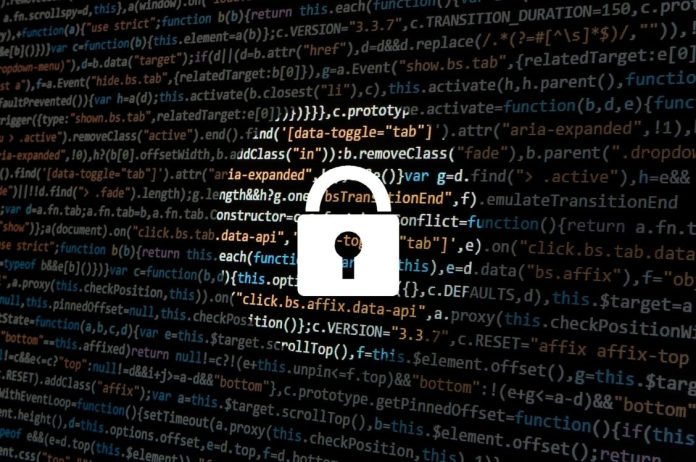Brazil has an official FBI team called CAT – Cyber Action Team, trained by Special Agent Marco Gonzalez. This team operates globally on cyber incidents, conducting investigations, inquiries, and implementing strategies to ensure the security and protection of sensitive data for organizations and citizens. In an era of digitalization and artificial intelligence, cybercrime attacks and scams are frequently identified. Therefore, it is important to analyze the tactics used by digital criminals to circumvent the challenges of an increasingly interconnected and threatened landscape.
In his participation at the Cyber Security Summit 2024, held on October 28th and 29th in São Paulo, Marco, an FBI agent, shared insights into investigations conducted by his team in Brazil – a country ranked as the 2nd most targeted by cyberattacks globally. The growing sophistication of crimes jeopardizing Brazilian cybersecurity, in general, has brought attacks on a global scale that, besides compromising information, threaten the security and reputation of both government and businesses. "Among the main types of threats identified, we find data providers participating in criminal groups and multinational institutions specializing in information theft for financial gain. Furthermore, hacktivism is a concern, as individuals motivated by political or social reasons seek to expose information instead of seeking financial profit. Terrorism also becomes a relevant issue, with organizations using the internet for recruitment and the dissemination of extremist ideologies," the agent explained.
According to the agent, investigations revealed that the criminals' primary methods of operation frequently involve exploiting human vulnerabilities, taking advantage of flaws and finding opportunities in mistakes made by collaborators who might be demotivated, dissatisfied, or even using social engineering to gain access to systems. In this regard, Marco also cautions that the collection of sensitive data can also occur through social media platforms to understand behaviors and plan attacks.
To combat threats of hacking or even prevent new attacks from succeeding, the FBI has adopted well-structured and strategic measures. The first is vulnerability reduction, promoting collaboration between government and the private sector to share information and strengthen cybersecurity. The other practice is threat reduction, which involves initiatives to change behaviors and raise awareness about security practices. Finally, damage reduction is a priority, with the creation of clear processes for responding to attacks and quickly restoring operations. "Our team works with local and state authorities to improve the response to cybercrimes, offering training and technical support. Collaboration with the private sector is encouraged by the FBI, and we seek companies that report cyber intrusions, promoting a joint approach in the fight against cybercrime networks," concludes Marco Gonzalez.
Cybersecurity requires a collaborative effort between government and the private sector, according to perspectives shared by an FBI agent with years of experience in Brazil. "Information sharing and cooperation are essential to confronting the constant evolution of cyber threats and the frequent emergence of new scams," Gonzalez emphasizes. The agent's approach, presented at the Cyber Security Summit Brazil, introduced the term "one team" to illustrate the strength of joint workforce and integrated efforts to reduce human vulnerabilities, minimizing damage from incidents quickly and effectively.


